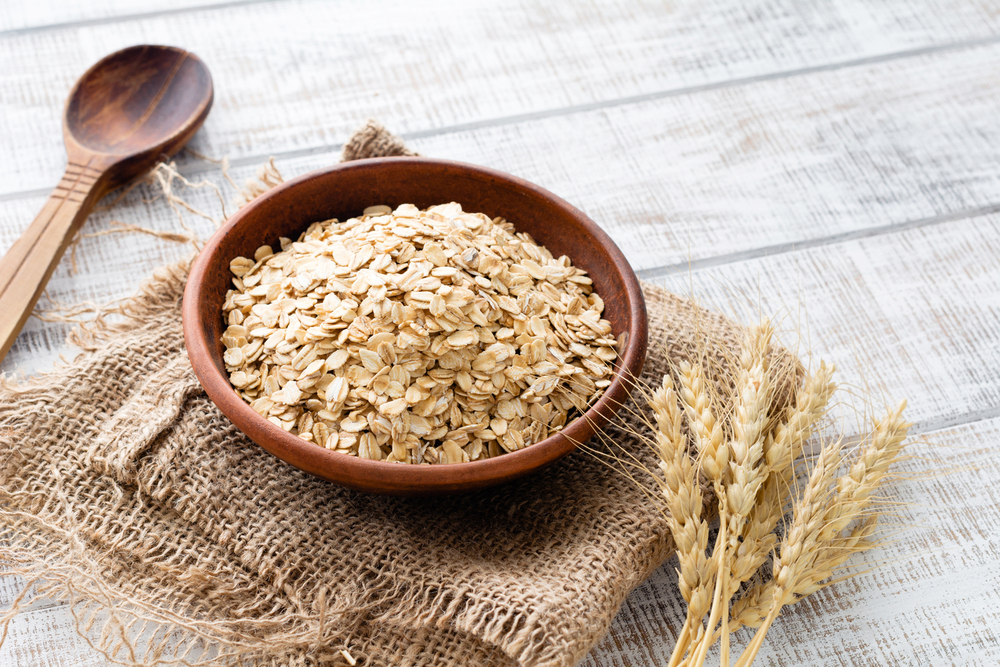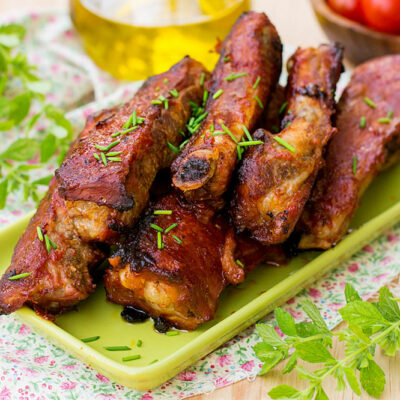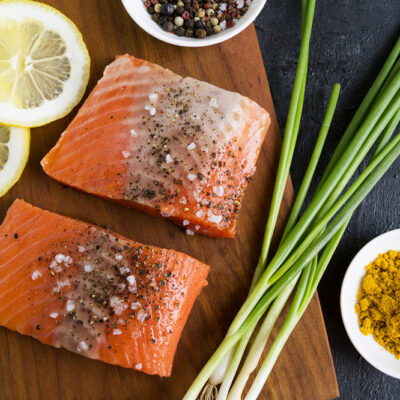
Foods that Reduce Heavy Sweating
Hyperhidrosis is a medical term for heavy sweating of the entire body or specific body parts, such as the palms of hands, head, armpits, feet, and groin. It affects nearly 8 million Americans including infants, teenagers, and some adults with hormonal issues or certain health conditions. Research suggests the cause may include an underlying medical condition such as obesity, gout, menopause, diabetes, overactive thyroid gland, mercury poisoning, or tumor.
While there are medical treatments available, the best treatment for hyperhidrosis is to concentrate the diet on foods for reducing excessive sweating symptoms:
1. Water
H20 is essential for people of all ages to keep the body hydrated and in maintaining a moderate temperature. It keeps your body cool during the summer when there is extreme heat and prevents heavy sweating. The recommended daily consumption of water is eight eight-ounce glasses daily for lowering your internal body temperature. With sufficient natural fluids, you will avoid the need to cool the body down with sweat. Other benefits of H2O comprise a healthier digestive system and the release of toxins that cause the skin to sweat profusely.
2. Oats
Oats are a natural source of fiber with low fatty content that are easy on the digestive system. It can help reduce heavy sweating because the digestive system does not have to do much work in breaking the food down. If your body is overworking in processing foods, it may trigger the symptoms of hyperhidrosis and result in sweating on different parts of the body. Most suffer from hyperhidrosis sweat under their armpits, while others may sweat on other body parts. Oats help to detox the body by normalizing the digestive system and keeping it regular.
3. Olive oil
Olive oil has powerful benefits for a healthy digestive system and metabolism. It keeps the body from overheating, reduces the risk of cancer and heart diseases, and protects your cells. Its antioxidants may help to reduce heavy sweating in menopausal women and cell damage caused by radicals. If your doctor diagnosed you with hyperhidrosis, adding olive oil to your diet may control or prevent your symptoms.
4. Water-dense produce
Watery fruits and veggies contain natural fluids for dehydrating the body, eliminating heavy sweating symptoms, and improving the digestive system and skin. Some fruits and vegetables that contain plenty of fluids are watermelon, grapes, red cabbage, eggplant, broccoli, and cauliflower. They are substantial sources of fiber and vitamins that ease the digestive functions without overworking the body to cause heavy sweating symptoms.
5. Sweet potatoes
Sweet potatoes are rich in essential vitamins such as magnesium to help reduce the symptoms of hyperhidrosis. Its rich vitamins and minerals may keep your nerves calm and decrease levels of stress and blood pressure. Baked sweet potatoes are easy to prepare and keep its natural sources of vitamins through the cooking process. The most important vitamin in a sweet potato is magnesium that restricts the release of stress hormones and promotes a healthy nerve function. It is good for mental health and controlling heavy sweating.
A diet composed of the foods listed above is not a hyperhidrosis cure, but may be beneficial in controlling and preventing heavy sweating symptoms. Stop letting heavy sweating interfere with your life, emotions, normal activities and take control of hyperhidrosis. Specific foods like water-dense fruits and veggies will help you eliminate your symptoms and improve your overall health. Besides foods, a dermatologist may recommend surgery, Botox injections, or medication to avoid triggering the symptoms of hyperhidrosis.


